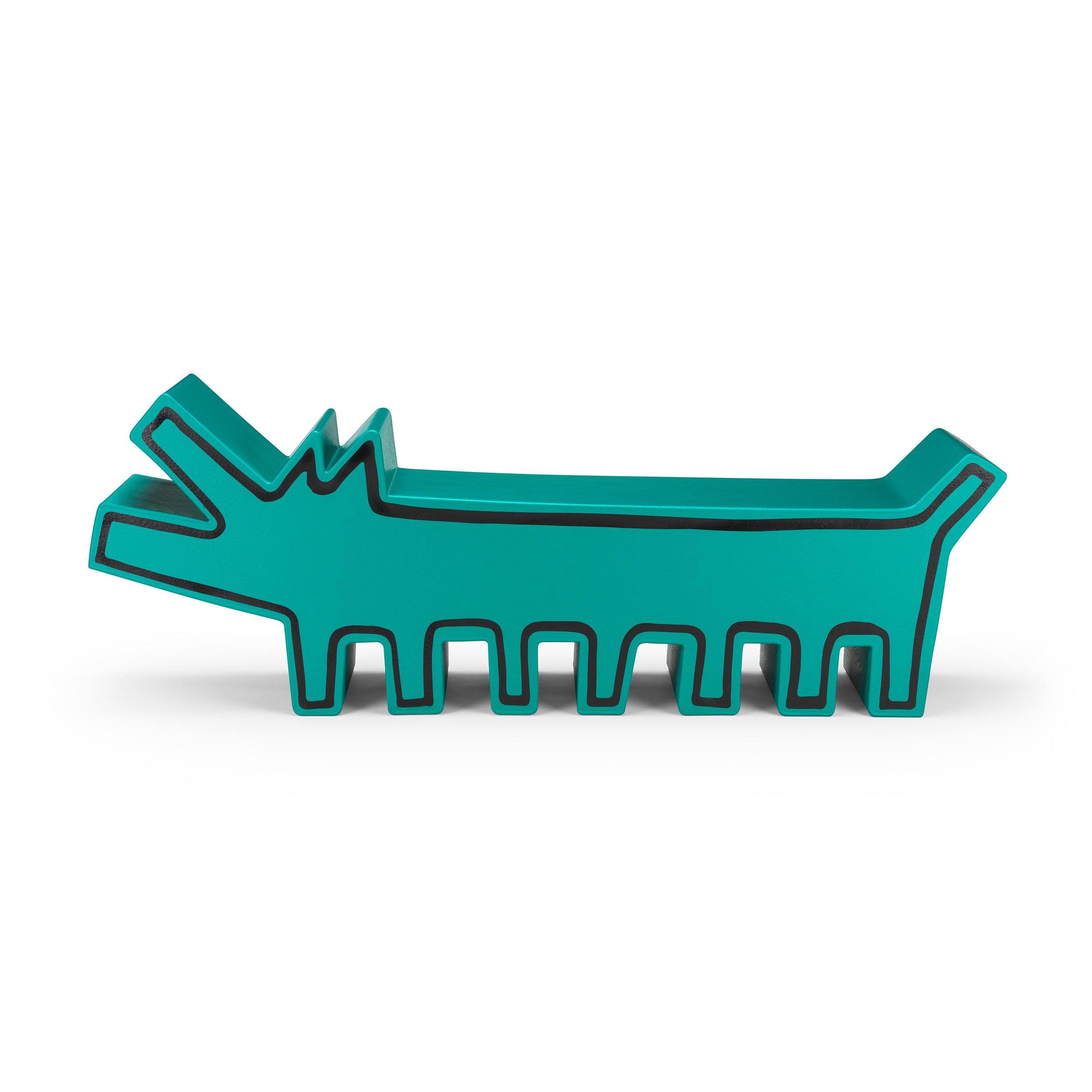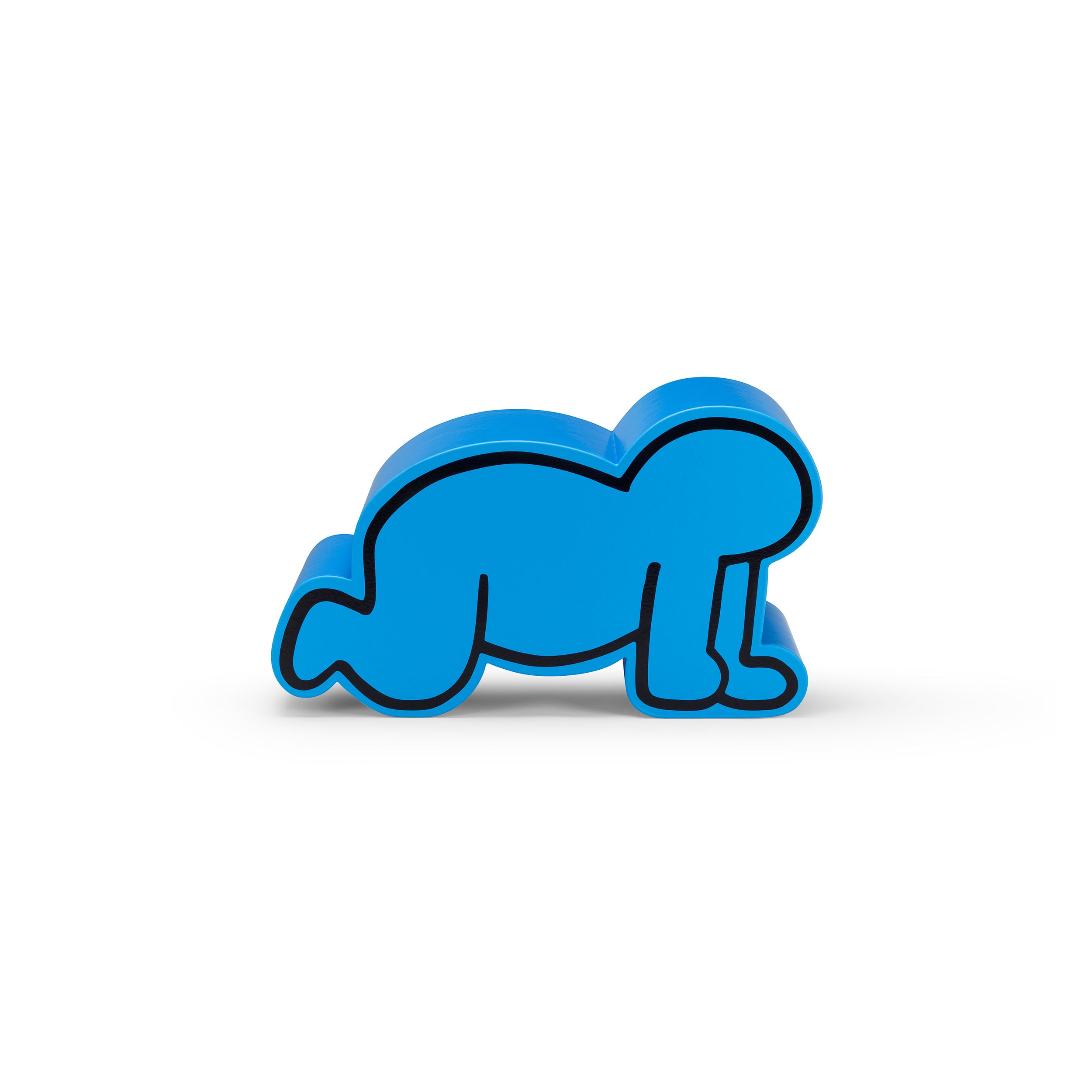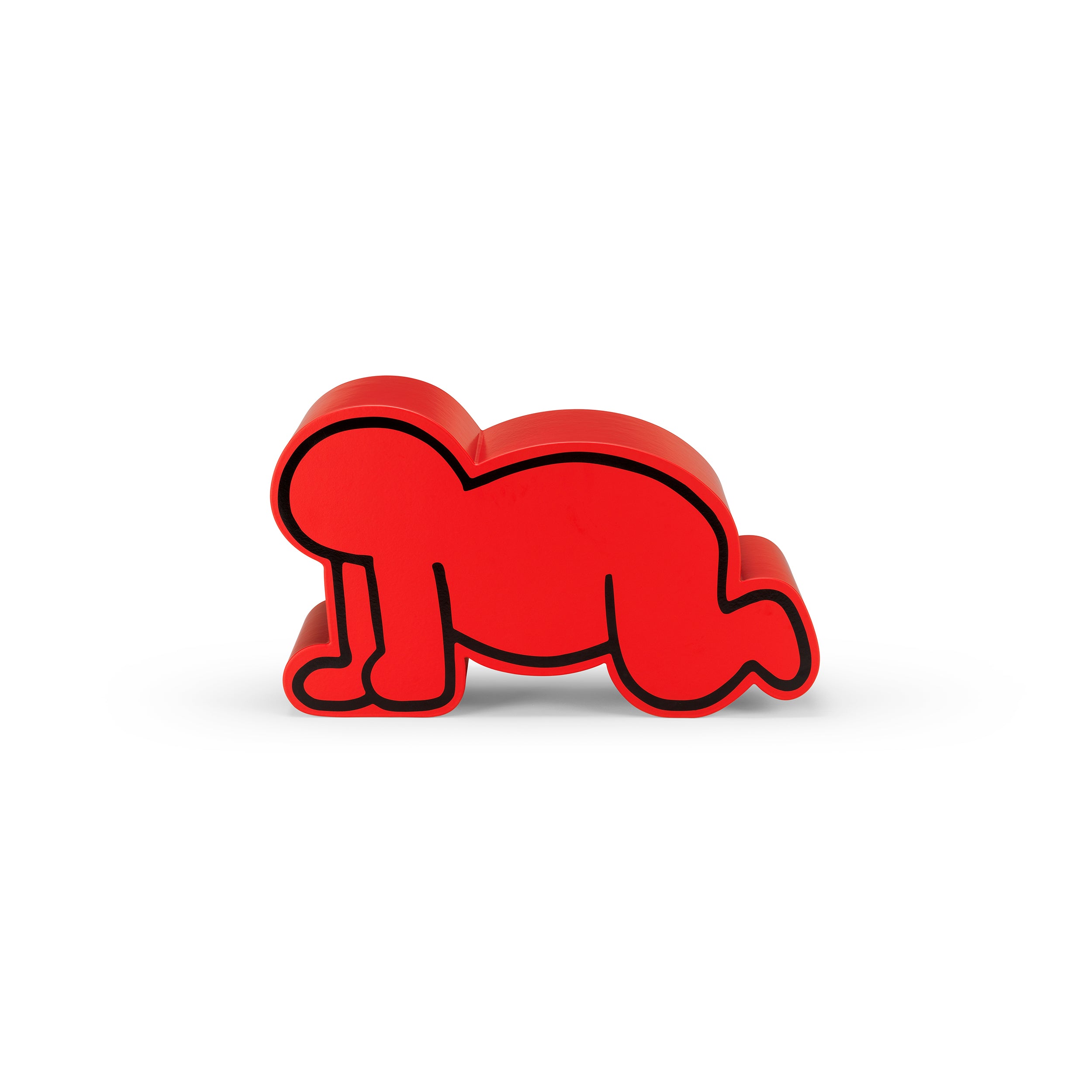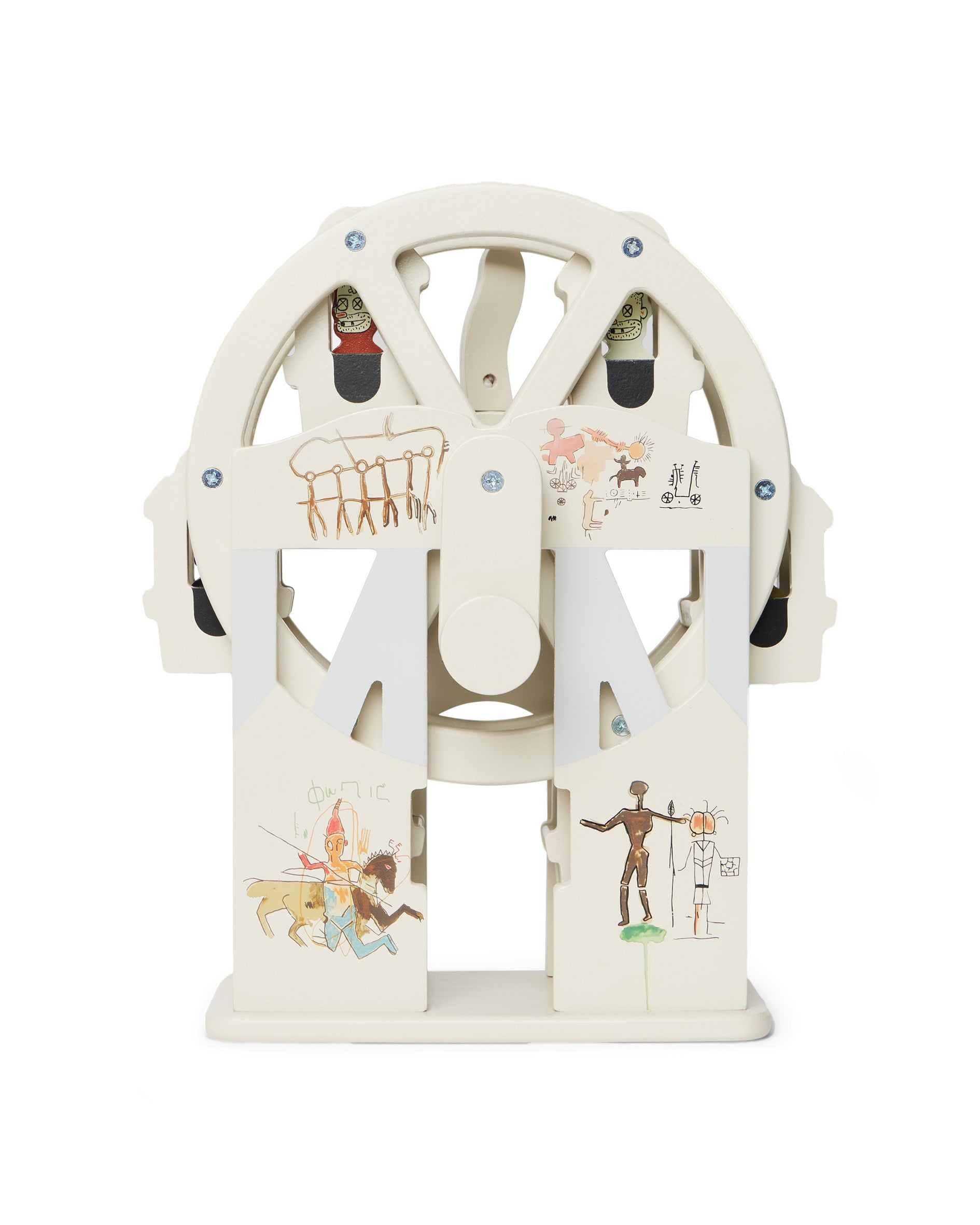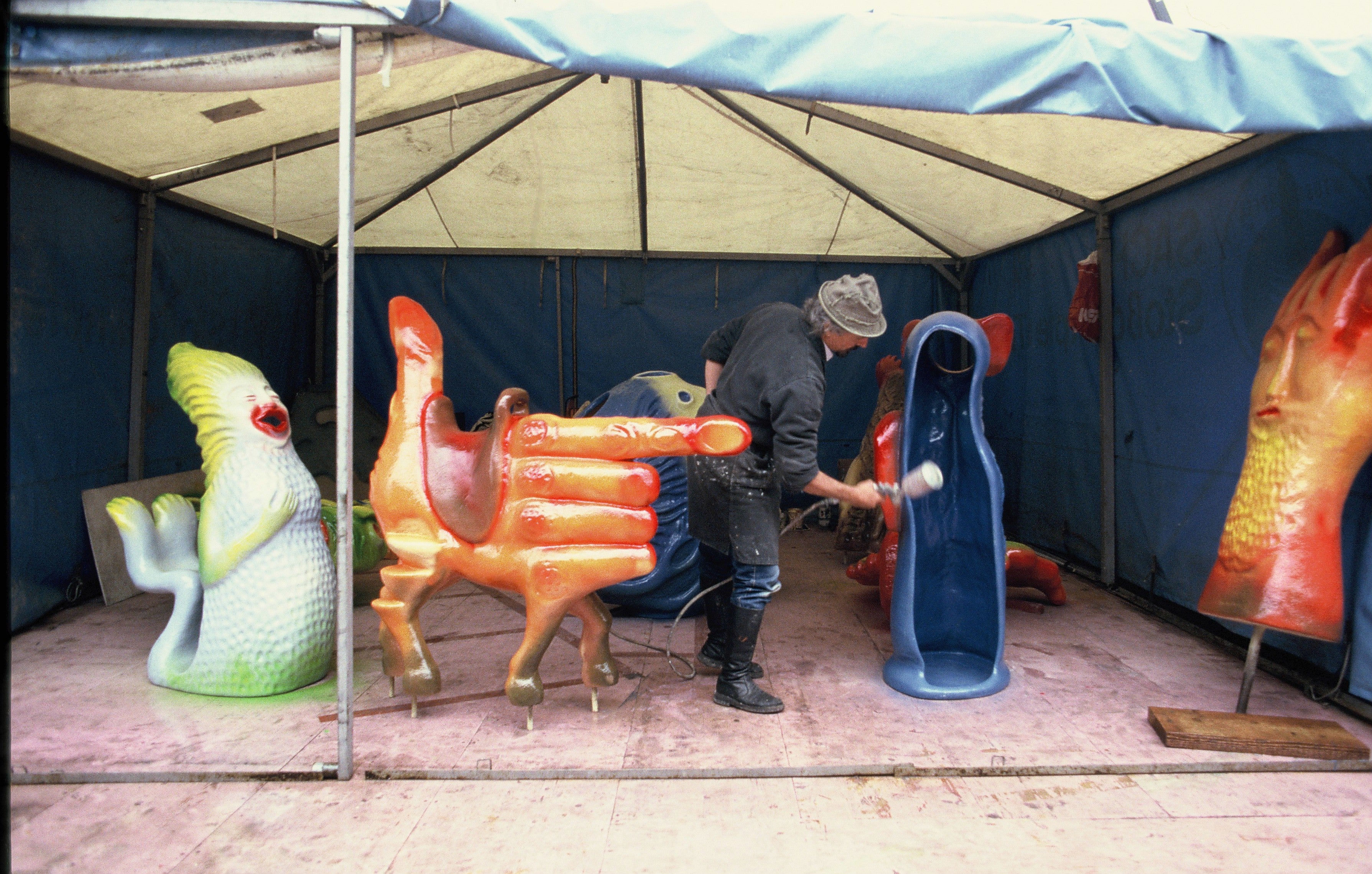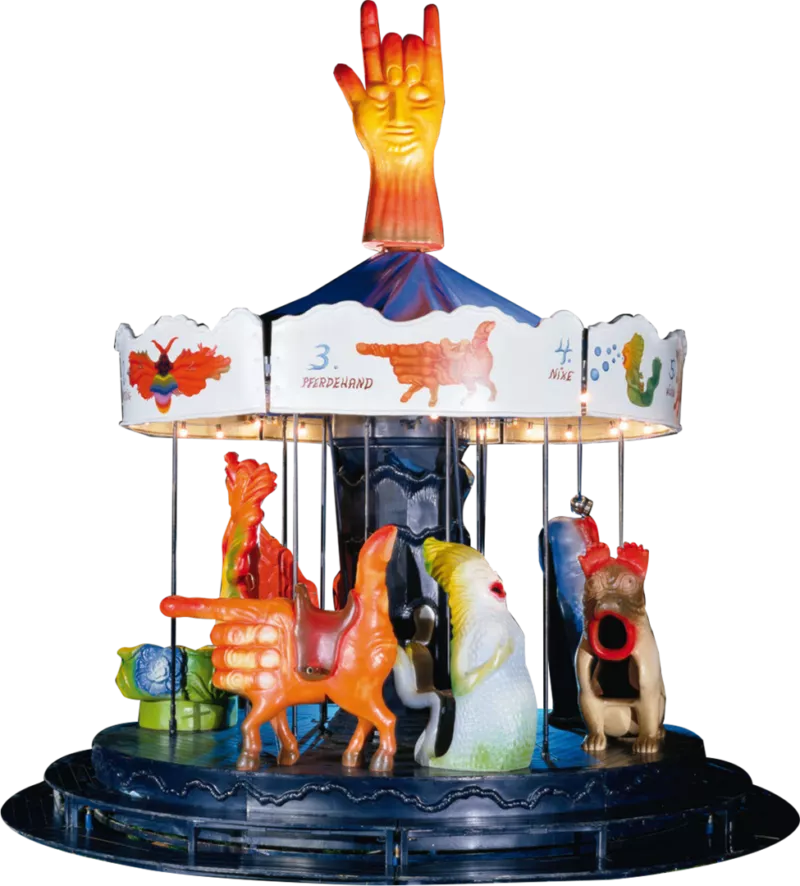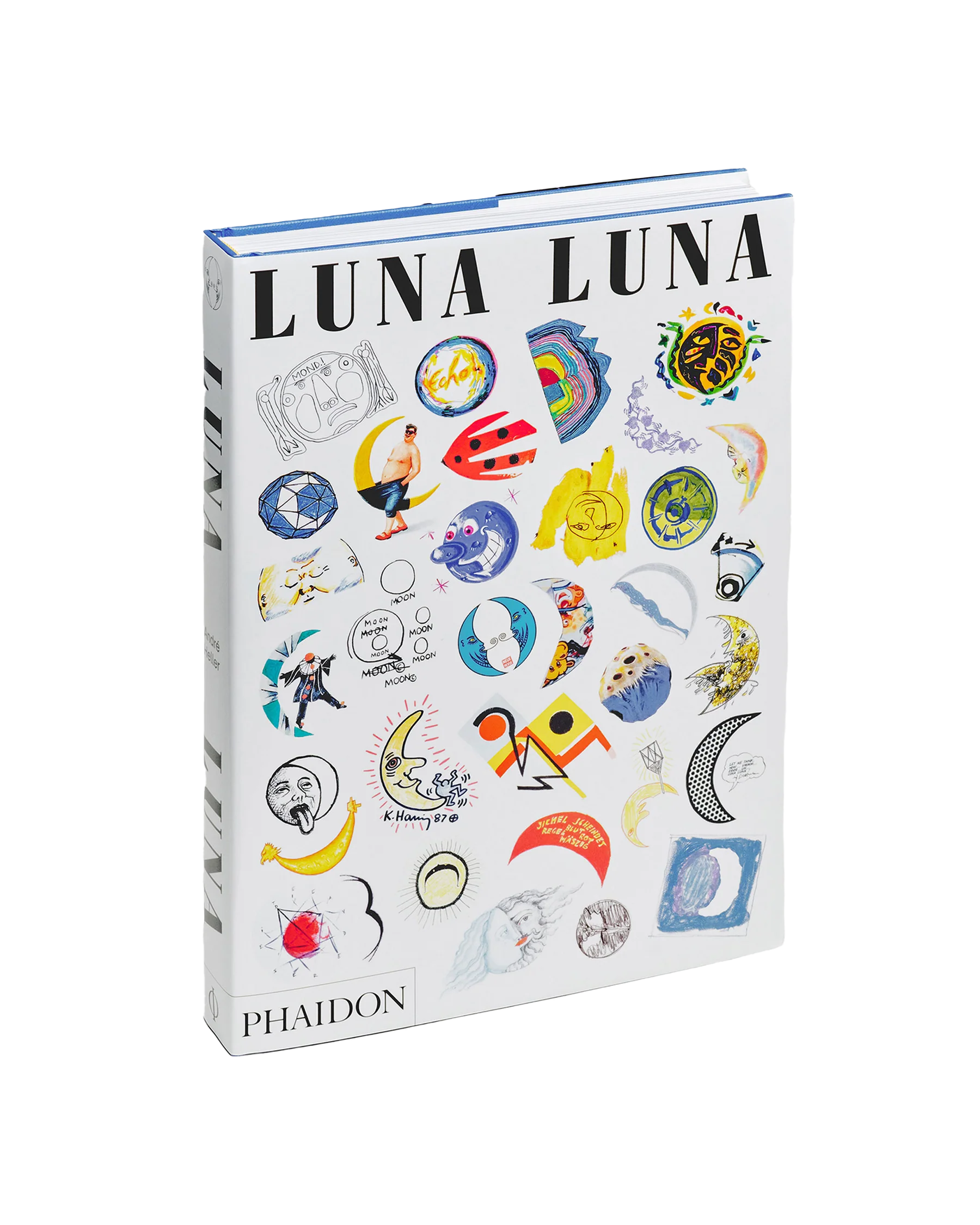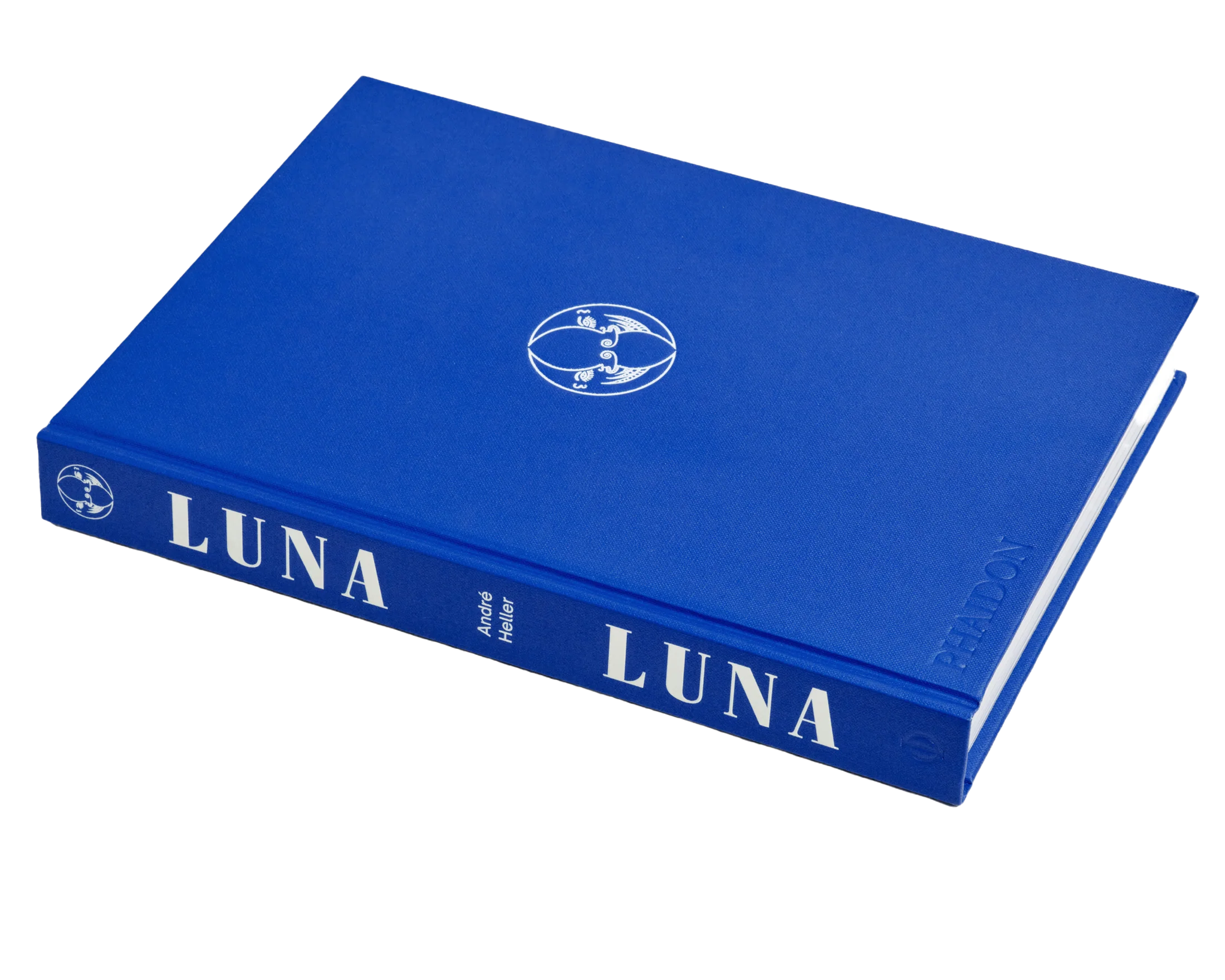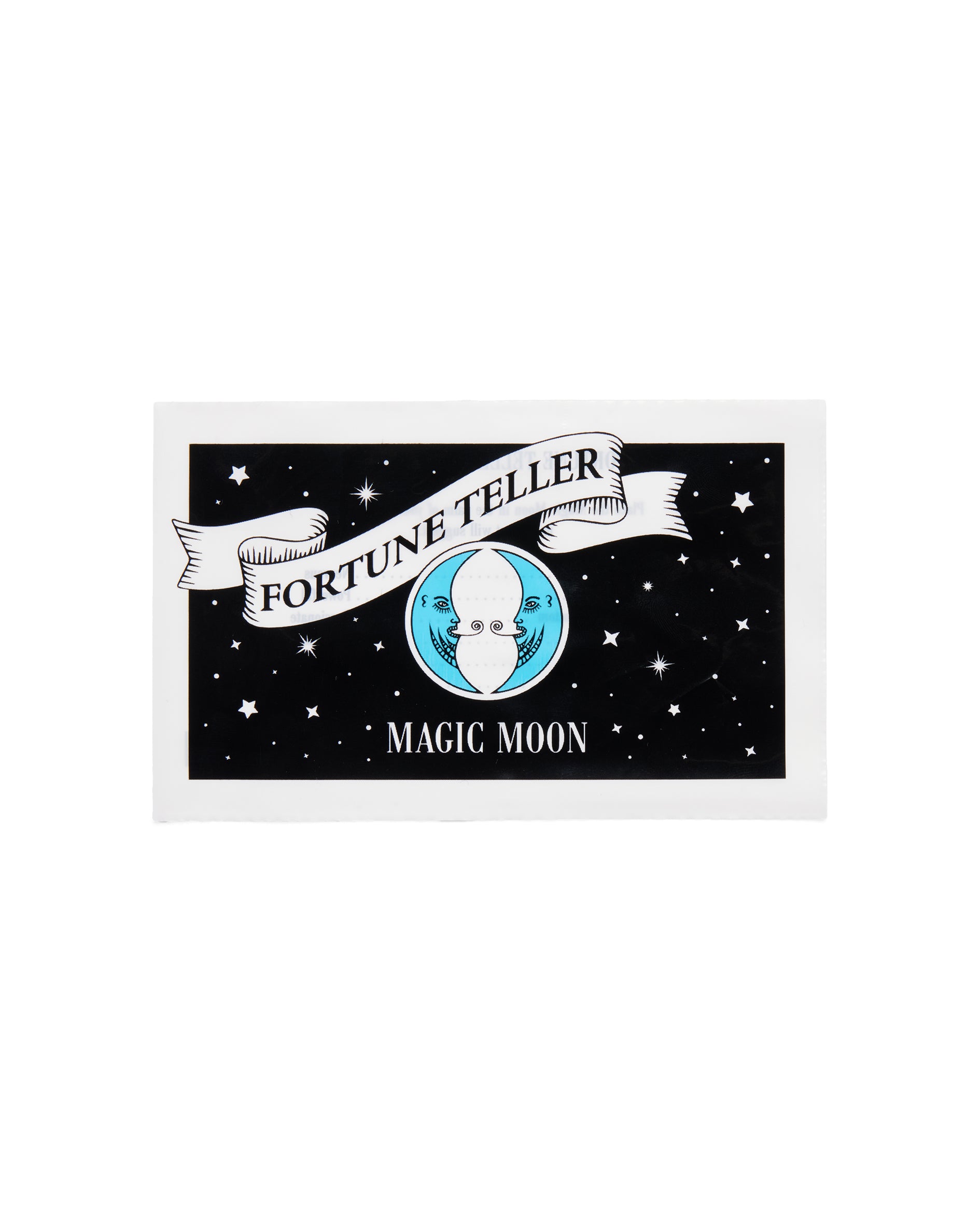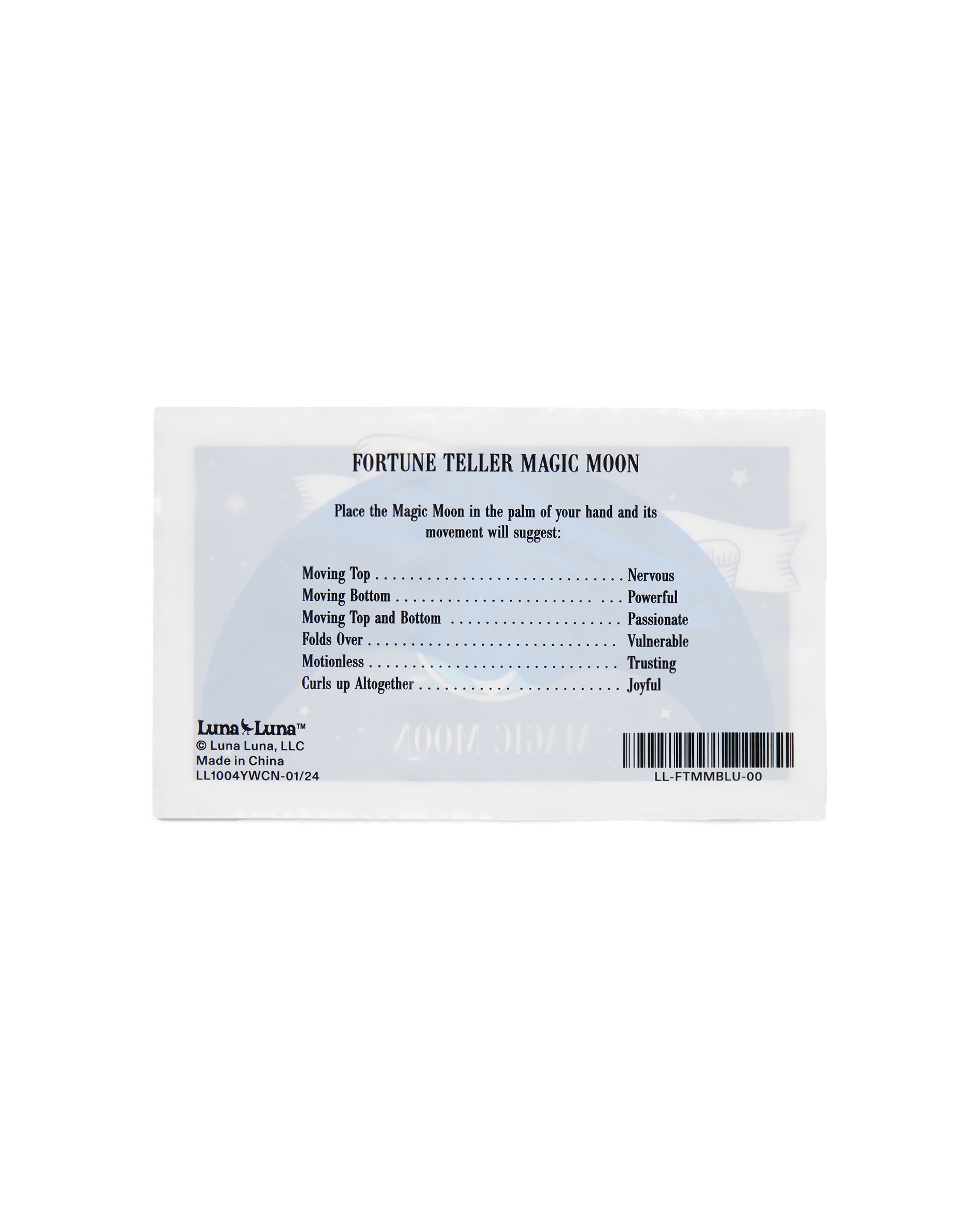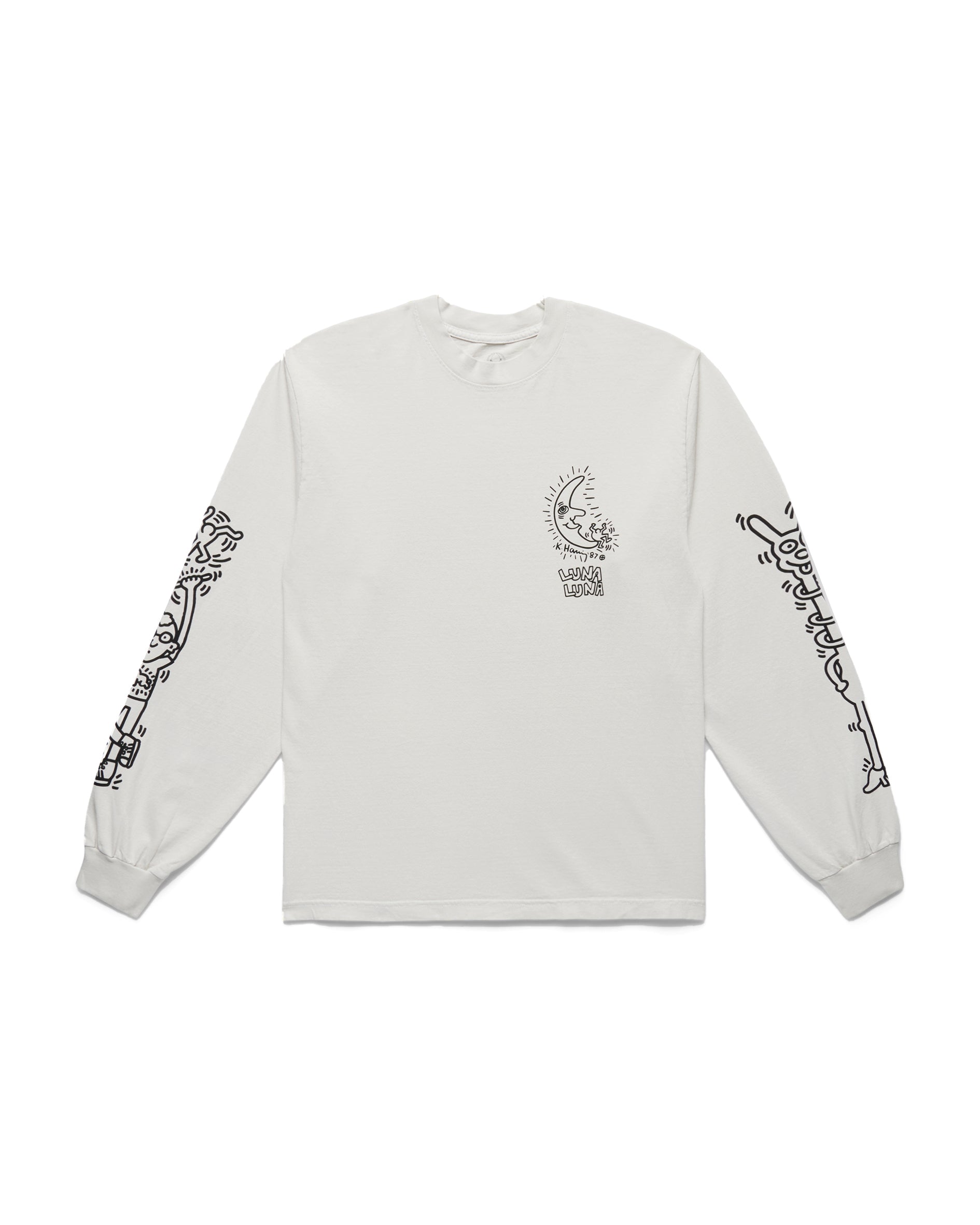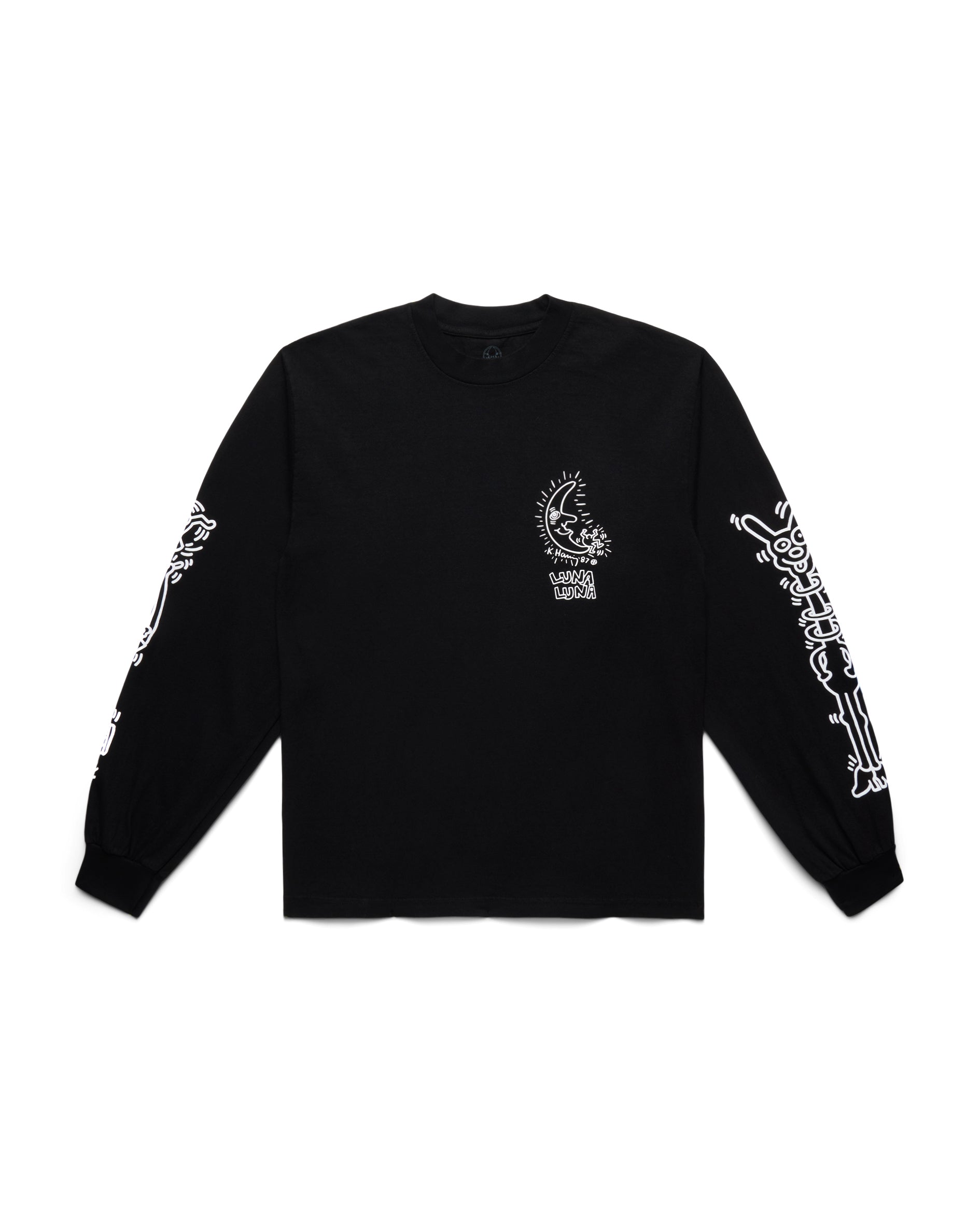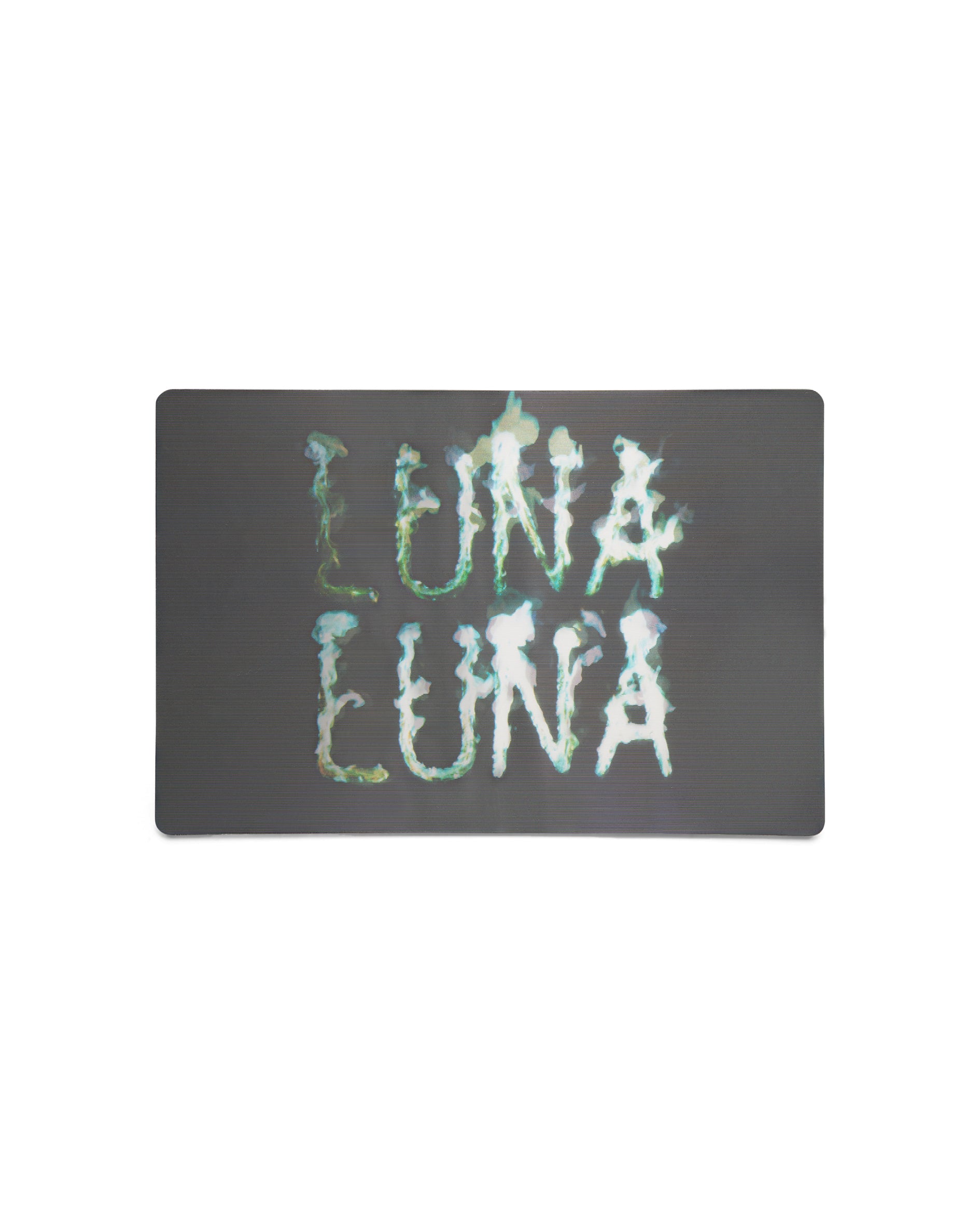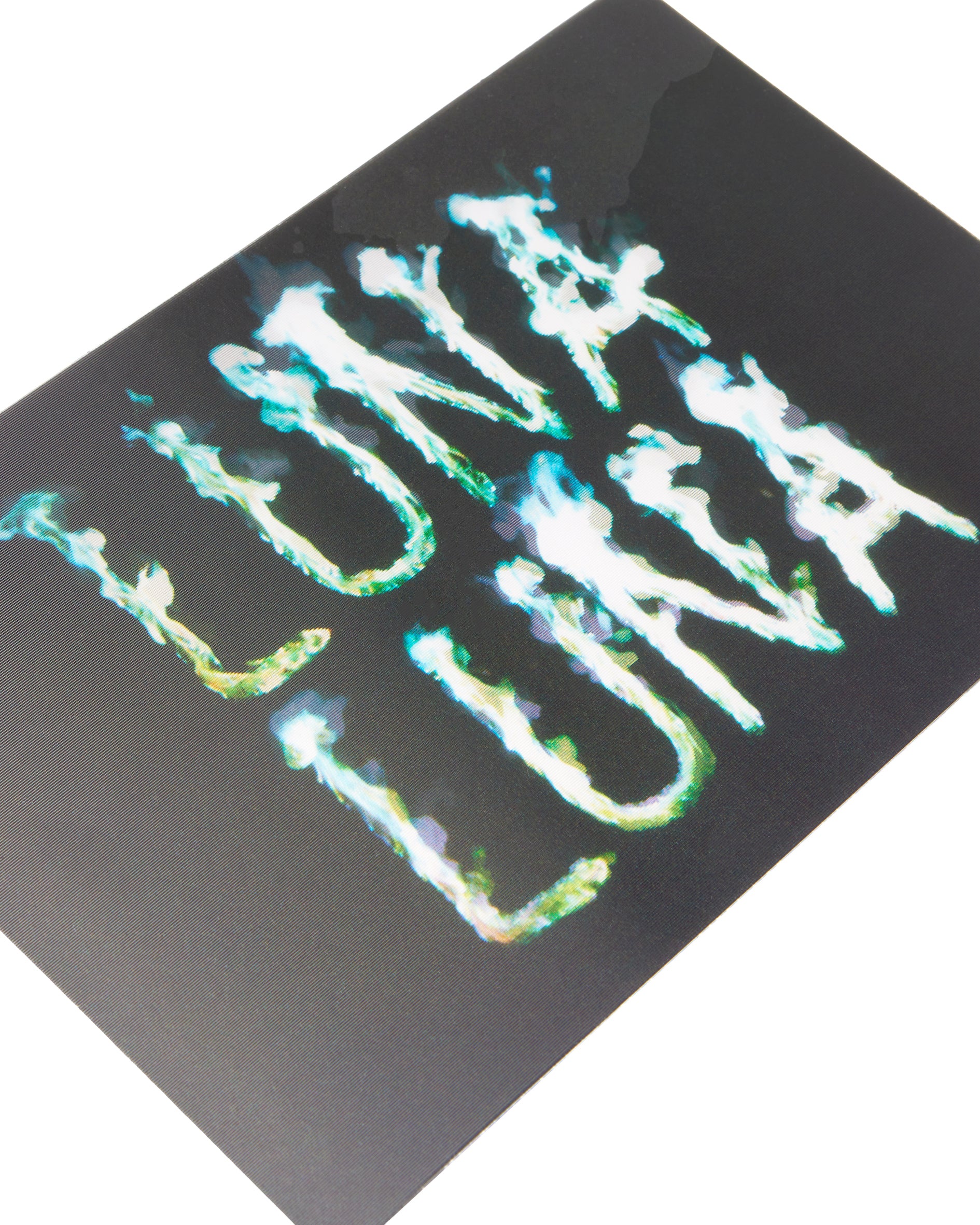For Luna Luna, Brauer envisioned a fantastical carousel designed with eight different characters—among them a butterfly, a she-wolf, a mermaid, and hand-horse—that double as seats.
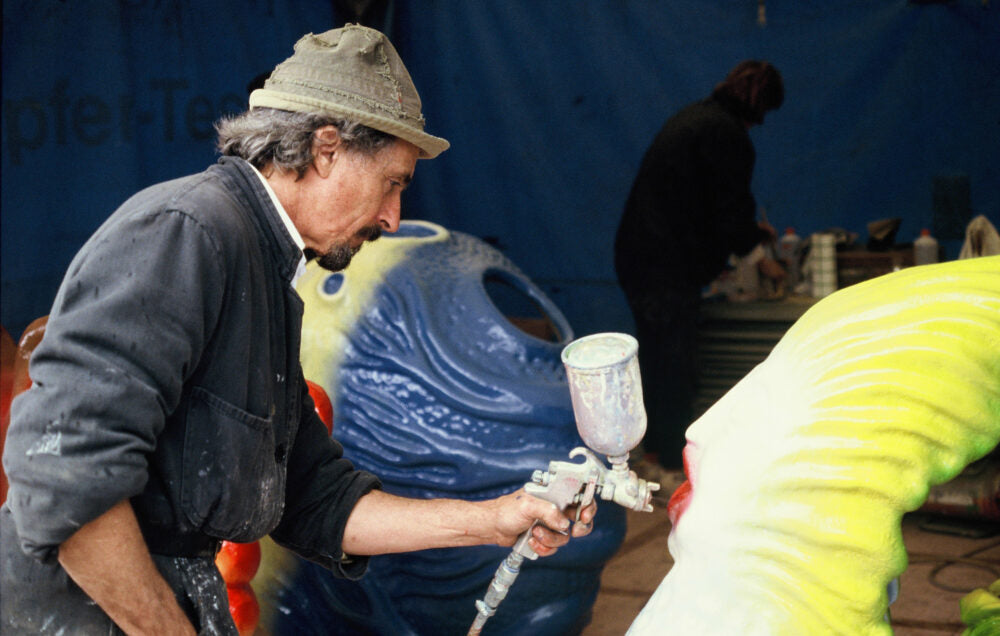
Arik Brauer.
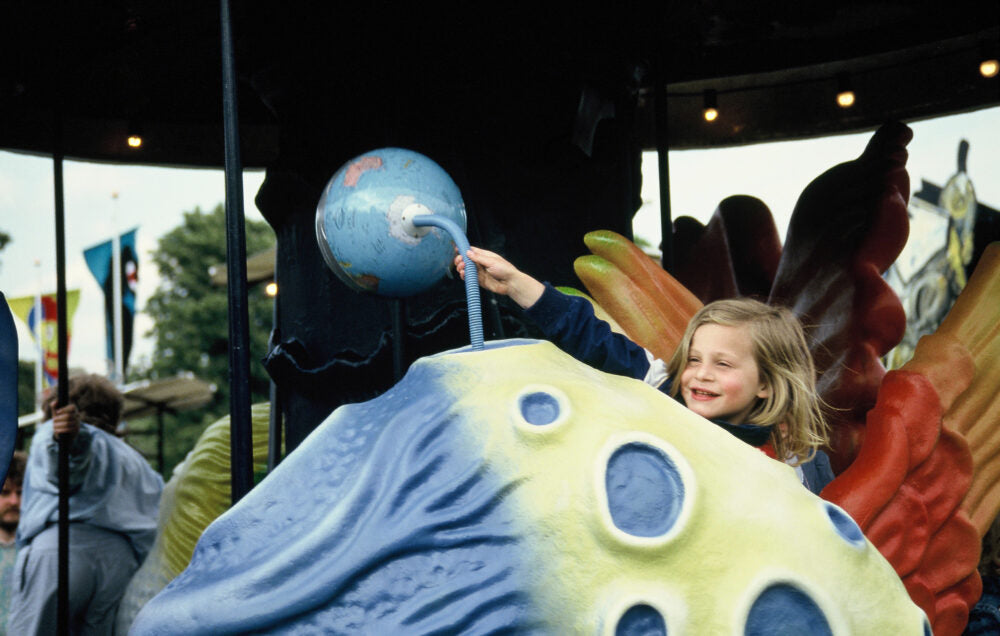
Fairground view: Arik Brauer, Carousel. Luna Luna, Hamburg, Germany, 1987.
Painter, singer, and songwriter Arik Brauer is renowned for his Surrealist paintings inspired by Jewish mystical traditions and dream imagery. Along with painters Wolfgang Hutter, Ernst Fuchs, Rudolf Hausner, and Anton Lehmden, Brauer was a founding member of the Wiener Schule des Phantastischen Realismus (“Vienna School of Fantastic Realism”)—an artistic movement blending the techniques of Old Master paintings with religious and esoteric symbolism to create magical new worlds.
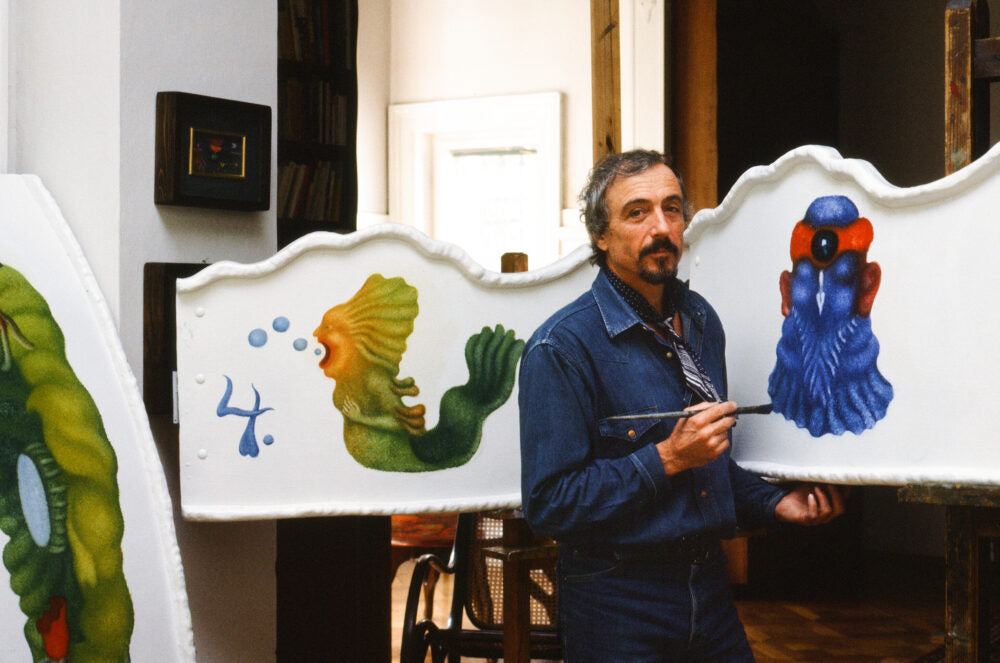
Arik Brauer.
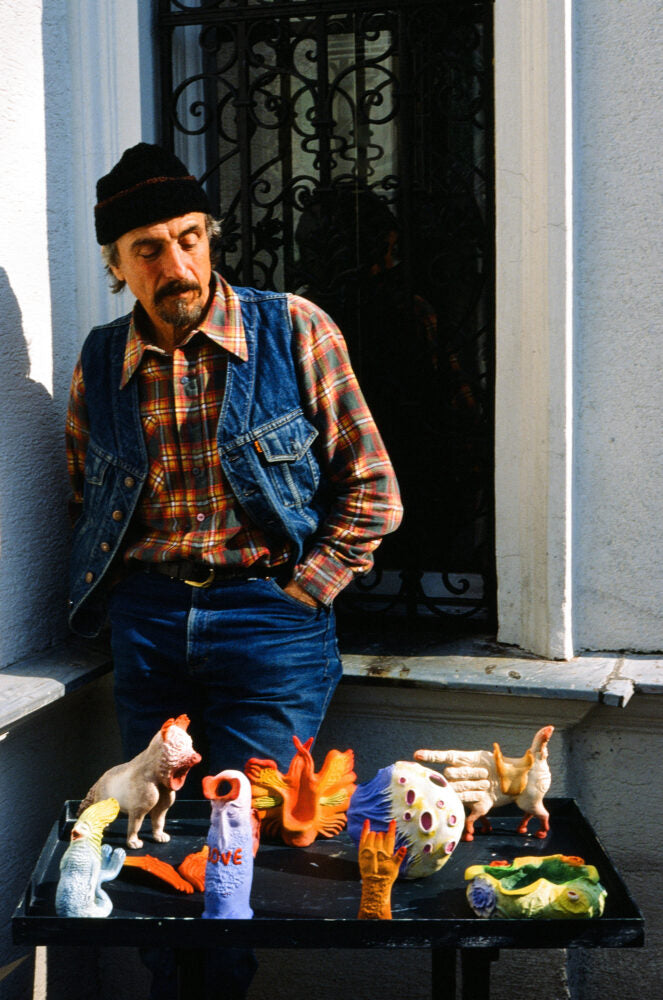
Arik Brauer.
Brauer’s paintings were heavily influenced by his childhood in Vienna under the Nazi regime and the subsequent rise of National Socialism, as well as by religious texts such as the Torah, the Haggadah, and the Old Testament. For Brauer, “Fantastic Realism” involved implicating the viewer in scenes both surreal and authentic. Paintings such as My Father in Winter (1983), reflect his embrace of traditional landscape painting, Jewish history, and mysticism.
Brauer expanded his work in the 1980s to encompass murals, mosaics, and painted tiles in addition to becoming an accomplished singer, songwriter, poet, and dancer associated with Austropop.
Brauer is renowned for his Surrealist paintings inspired by Jewish mystical traditions and dream imagery.
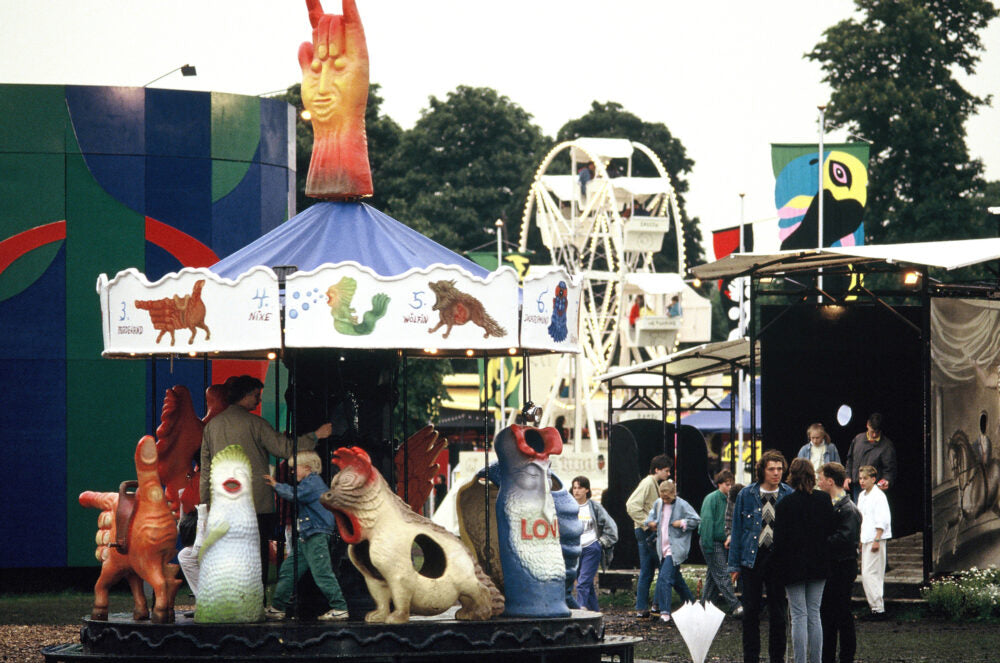
Fairground view: Arik Brauer, Carousel. Luna Luna, Hamburg, Germany, 1987.
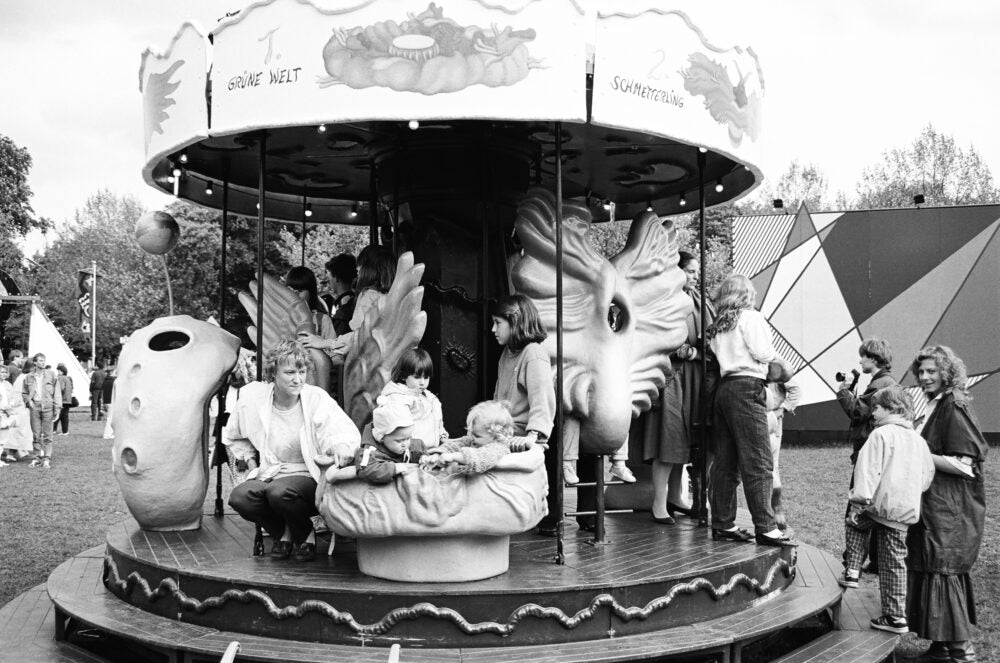
Fairground view: Arik Brauer, Carousel. Luna Luna, Hamburg, Germany, 1987.
For Luna Luna, Brauer envisioned a fantastical carousel straight out of one of his mystical dreams. The carousel was designed so that eight different characters from a fairytale doubled as seats—among them a butterfly, a wolf, a mermaid, and an anthropomorphic hand—accompanied by a song written, produced, and performed by Brauer’s daughter, Timna Brauer.
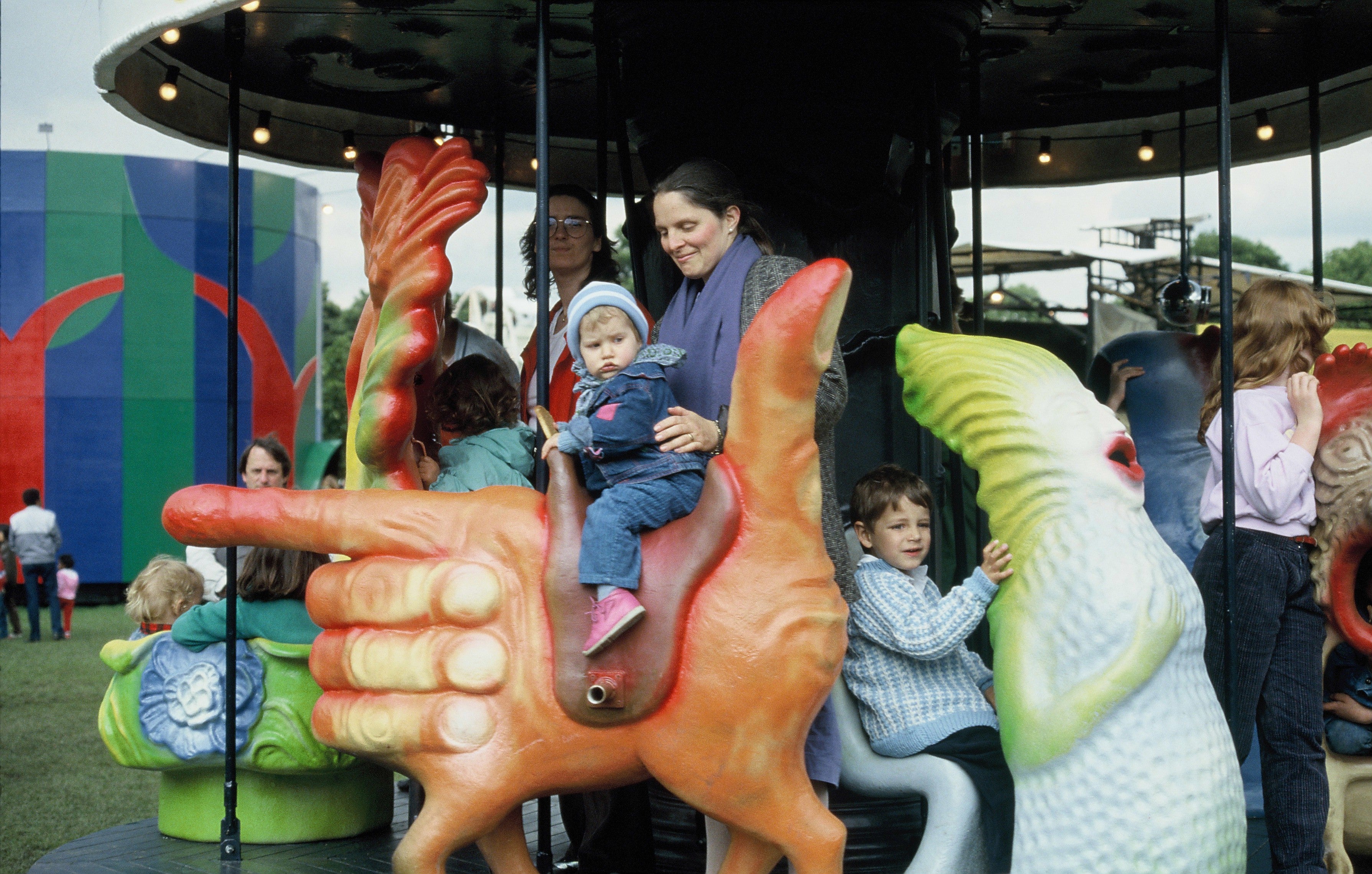
Fairground view: Arik Brauer, Carousel. Luna Luna, Hamburg, Germany, 1987.
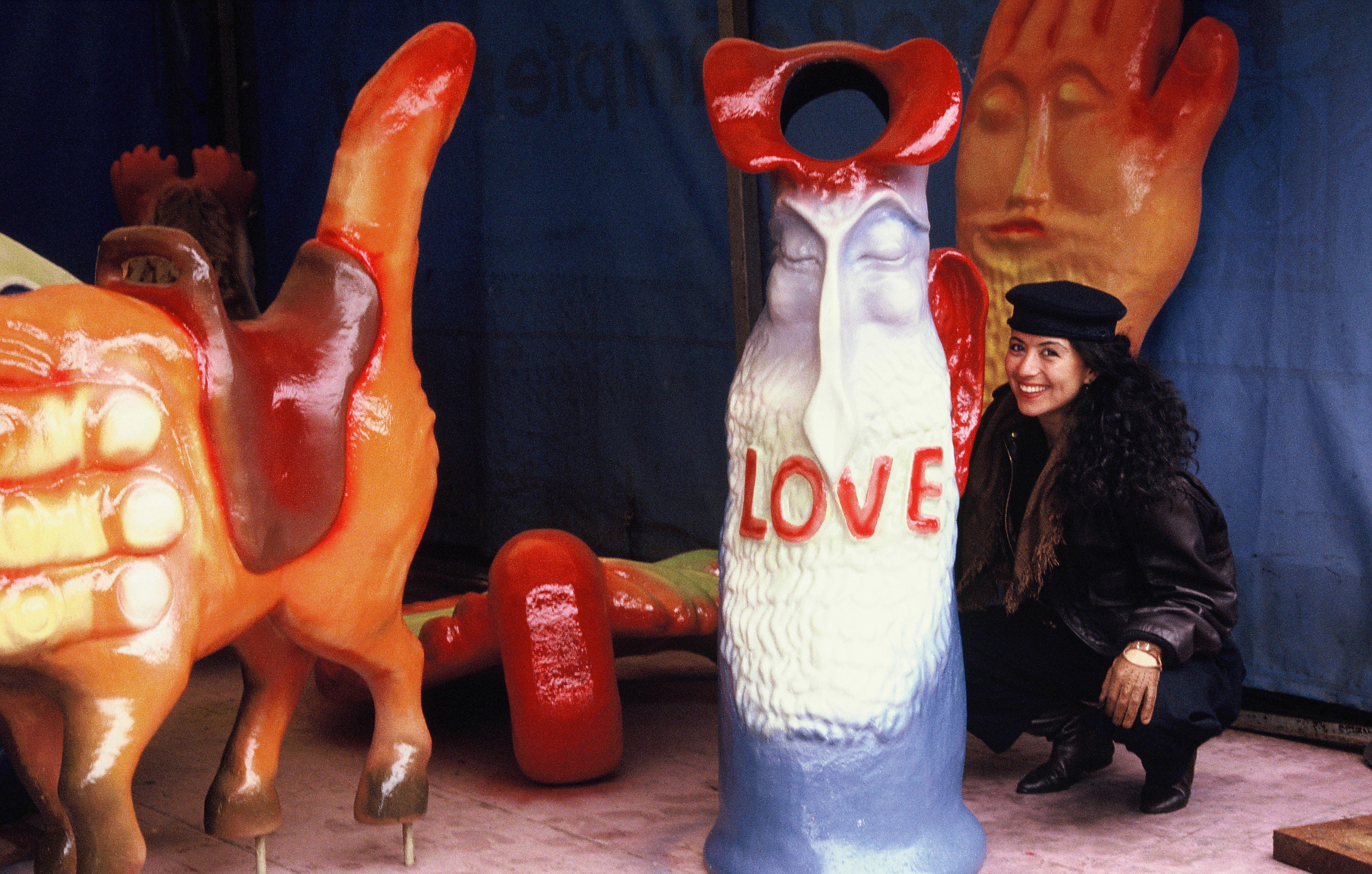
Timna Brauer.

